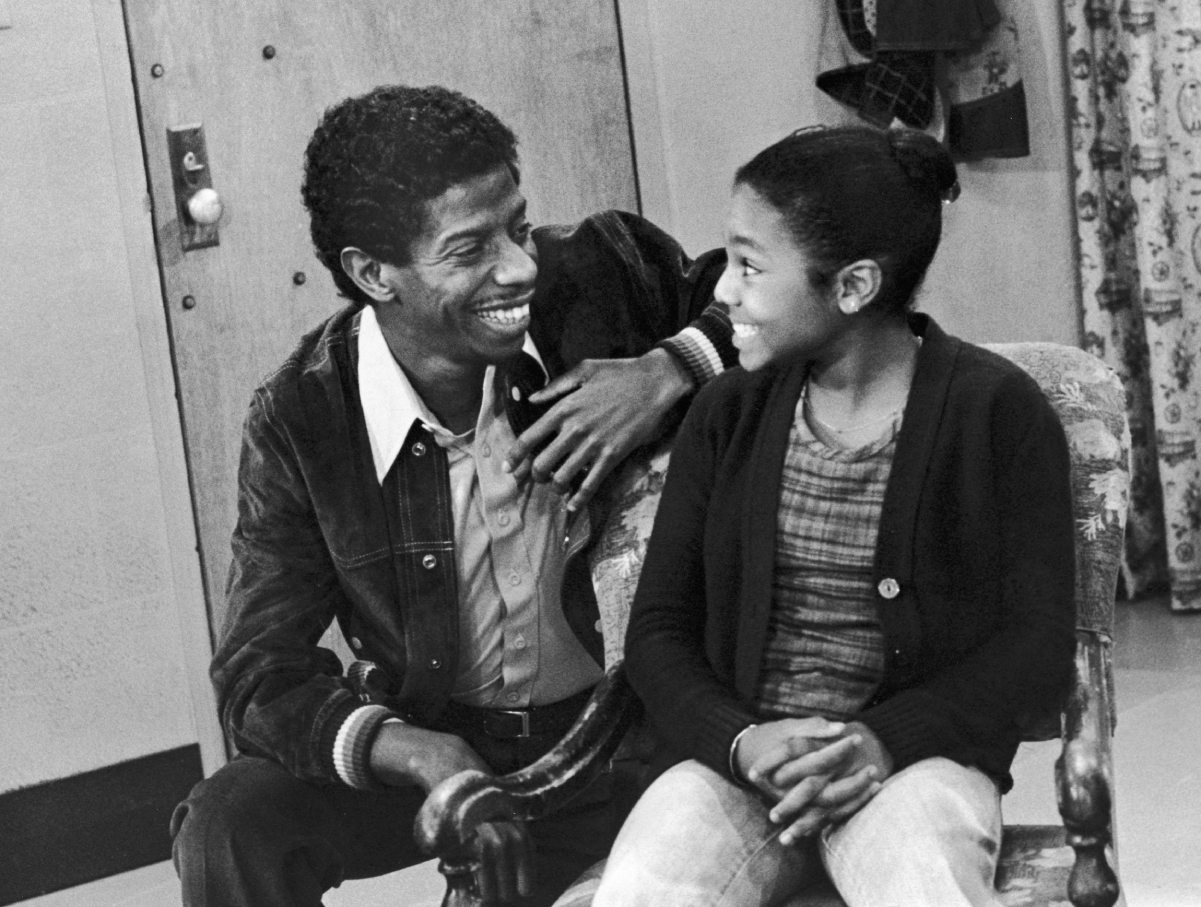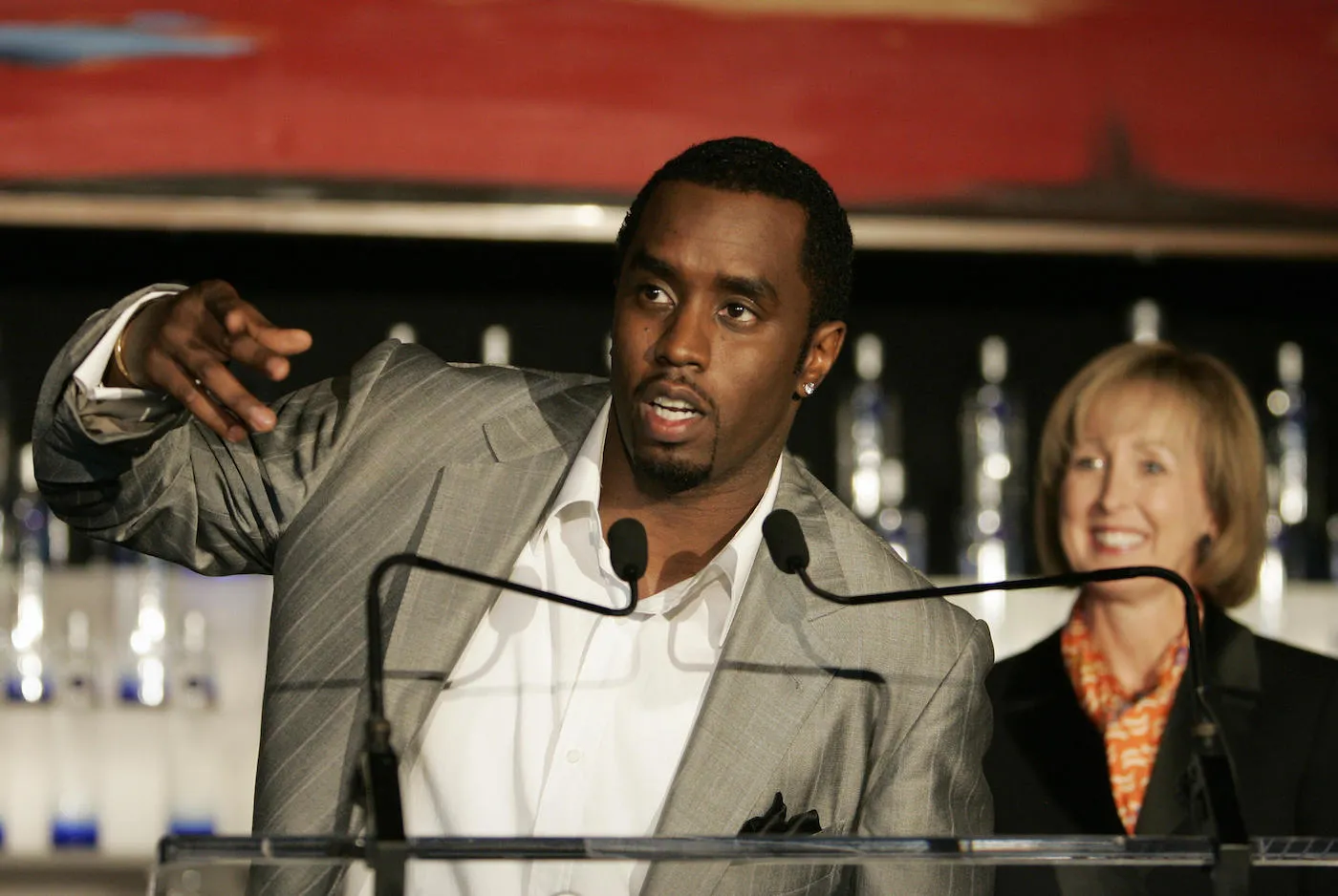‘Good Times’ Actor Jimmie Walker on the 1 Aspect of the Show That Became the ‘Bane of Norman Lear’s Existence’
On the 1970s classic television comedy Good Times, the show’s biggest draw and reason for its popularity was its star Jimmie Walker.
Walker played J.J. Evans, the eldest son of James and Florida Evans portrayed by John Amos and Esther Rolle.
As much as executive producer Norman Lear supported the program, there was one part of it that Walker said the All in the Family creator had a difficult time accepting.

Some of Walker’s co-stars did not like working with him
The J.J. Evans actor told the Television Academy Foundation that he and his on-screen parents did not have a friendly camaraderie on the show’s set.
“I don’t remember ever speaking a word to Esther the whole time she was there,” Walker said. “I think the same basically goes for John. We talk more now, a little bit, but very, very little.
“We were never friends, we never talked. If you said at that time ‘Call Esther and ask her about [anything],’ I wouldn’t even have her number. We never spoke to each other. Only on the set.”
Lear wished Amos and Rolle had been more welcoming to Walker
The show’s producer in his memoir Even This I Get to Experience wrote of the show’s stars’ undisguised dislike of Walker, his style of acting, and especially the catchphrases of his that they seemed embarrassed by.
“J.J.’s popularity with the largely Black audiences that came to the tapings was a friendly, joyful distraction to the company, but a great annoyance to to [Amos and Rolle],” Lear wrote.
“Frankly, they hated it. And as sensitive to these fine actors as he was, Jimmie knew how they felt and it tore him up inside. That caused him to be more of what they hated on the outside, to the point where the press began calling him a stereotype.”
Lear hoped during the show’s run that Amos and Rolle would have embraced Walker more. As he saw it, their rejection of Walker as an actor caused an unacknowledged rift in the cast.
“Had John and Esther thrown their arms around this wild but tender talent and been grateful for what he brought to the show, so hungry for their respect and kindness was Jimmie that they could have owned the lad and helped him to mature, to become more an actor and less a type,” the producer added.
Lear really hated Walker’s ‘J.J.-isms’
Walker created a few memorable catchphrases on the show, such as “Dyn-no-mite,” and “Well you know, what can I say?” The actor said that it was director John Rich who encouraged him to throw himself fully into saying “Dy-no-mite!” as frequently as possible, to Lear’s immense displeasure.
“That’s when all hell broke loose,” Walker said. “Because we were doing it like two or three times a show, and Norman said, ‘I don’t know what it means, I don’t know what it’s about, I don’t know where it comes from, it’s the stupidest thing I’ve ever seen. I hate it.'”
Lear campaigned to get rid of “Dy-no-mite!” The cast also detested the phrase and refused to be on the stage when Walker uttered it.
“[Director] John Rich went to the mat for it,” Walker continued. “He could talk to Norman like this; he said, ‘Norman you’re an a****le. This thing works. This is fabulous. So what they did was, to calm everything down was they said ‘It’s only going to be once a show.'”
Once a show was still too often for Lear, who was willing to have the word said once every other show but Rich stood his ground.
“‘No, it’s going to be once a show,'” Walker quoted Rich as telling Lear. “[‘Dy-no-mite!’] became the bane of Norman Lear’s existence.”


